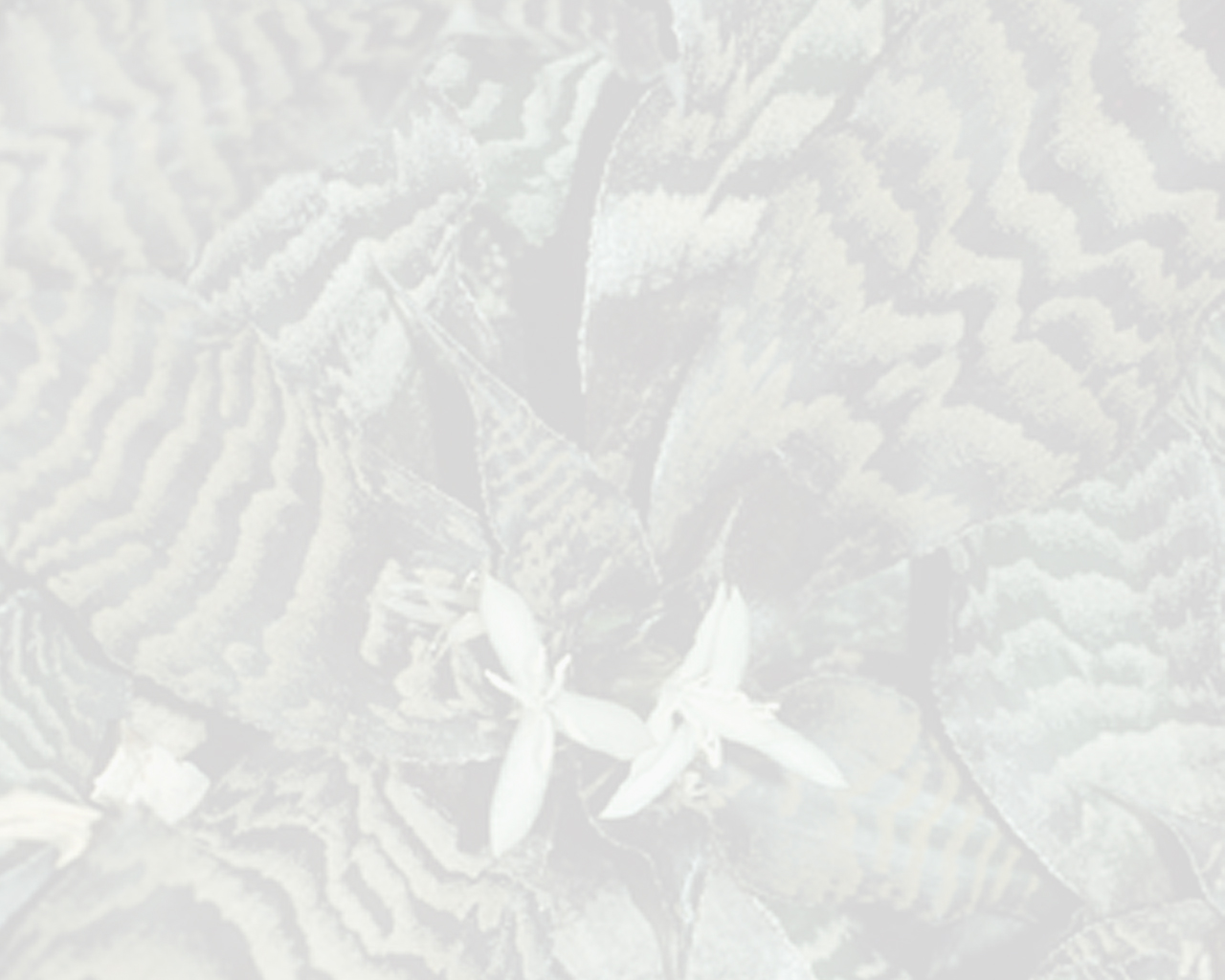

Silva et al. 2020 (Article) Alcantarea, Atlantic Forest, Brazil
Micropropagation and in vitro conservation of Alcantarea nahoumii (Bromeliaceae), an endemic and endangered species of the Brazilian Atlantic Forest
Author(s):—S.S.S. Silva, E.H. Souza, C.F. Nepomuceno, F.V.D. Souza & M.A.P.C. Costa
Publication:—Acta Scientiarum. Biological Sciences 42 (e52940): 1-10. (2020) — DOI
Abstract:—Alcantarea nahoumii (Leme) J. R. Grant is a species native to the Atlantic Forest that stands out for ornamental purposes. The objective of this work was to evaluate the in vitro germination of A. nahoumii seeds and establish a micropropagation protocol for production of seedlings so as to minimize the effects of predatory extractivism and develop an in vitro conservation system. Mature seeds were disinfested, established in three culture media (MS, MS½ and MS⅓) and incubated at four temperatures (20, 25, 30 and 35ºC) in a germination chamber. In the micropropagation experiment, stem segments were introduced in MS medium supplemented with 0.5 μM of 1-naphthaleneacetic acid (NAA) and 0.0, 2.2, 4.4 and 6.6 μM of 6-benzylaminopurine (BAP). For the in vitro conservation, plantlets were established in MS or MS½ medium supplemented with 15 g L-1 or 30 g L-1 of sucrose. The plants were acclimated with commercial substrate. The highest seed germination percentages were promoted by temperature conditions of 20 and 25ºC, with MS culture medium. The highest multiplication rate of shoots was obtained from the treatment without addition of the growth regulator or when combined with 2.2 μM of BAP + 0.5 μM of NAA. The acclimation of the plants occurred with high survival rate. The species can be conserved in vitro under slow growth condition for 24 months when incubated in MS medium supplemented with 30 g L-1 of sucrose.
Keywords:—bromeliad; in vitro propagation; in vitro culture; Tillandsioideae.